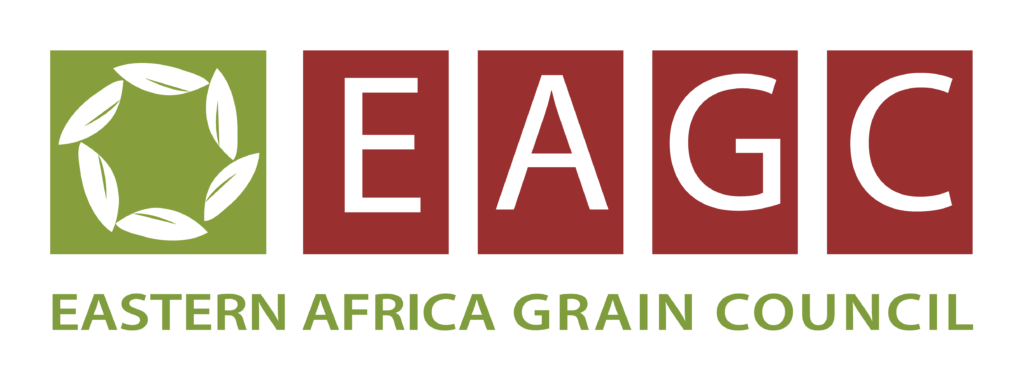EAGC participated in the GIN Conference on Logistics, New Technologies & Effective Circular Economy, held at Valenciennes & Cambrai in France on July 6 to July 8, 2022.
The aim of the conference was to bring together diverse scientific actors to engage, learn, share and build knowledge and expertise on issues related to logistics, emerging technologies and circular economy.
The rising global human population has significantly strained existing resources which are depleting at an alarming rate and creatin a social environmental crisis. This has created a necessitated shift towards sustainably managing systems in which social, economic and environmental resources are intensively scrutinized and managed more logically. One subject area that has been subjected to such scrutiny is the logistics and supply chains systems.
As such, circular economy has strongly emerged as an effective and efficient sustainably-oriented management system, exemplified by 70 countries which in the recently concluded COP-26 cited circular economy as a means to address climate change.
However, the transition to a circular economy faces several barriers, among them social, technical, economic, and political barriers. Nevertheless, the mismatch between logistics requirements and the existing logistics, transport and supply chain infrastructure, is a key barrier that was core to the GIN conference.
The mismatch calls for an integrated circular economy that is actively linked, regulated and well equipped to attract the relevant opportunities required to shape circular economy in logistics and supply systems.
In this regard, EAGC made a presentation on the “profitable investment opportunities for Circular Smart Food Markets in Kenya’’. EAGC in partnership with Rockefeller Foundation are implementing a project on reimagining food markets to “Smart Markets” through the construction of a Smart Market in Naivasha, Kenya in response to open air markets being rendered dysfunctional by inefficient & ineffective operations. Smart Markets aim to increase access to safe, affordable & nutritious food in a sustainable ecosystem.
To achieve this, Smart Markets will be implemented through the provision of smart solutions in the markets as an integral part of circular economy. Examples of the integrated smart solutions in the Smart Markets include sustainable waste management, water management (harvesting & recycling), renewable solar energy, circular sanitation facilities, mini processing, e-mobility and digital systems among others.
Upon successful implementation, Smart Markets are anticipated to facilitate the reduction of the cost of food by 10%, enhance improved food safety that will lead to reduced prevalence of food borne diseases, promote energy savings by 40%, decrease food loss by more than 30% compared to open air markets and therefore increase the amount of safe and nutritious food sold through smart markets.

